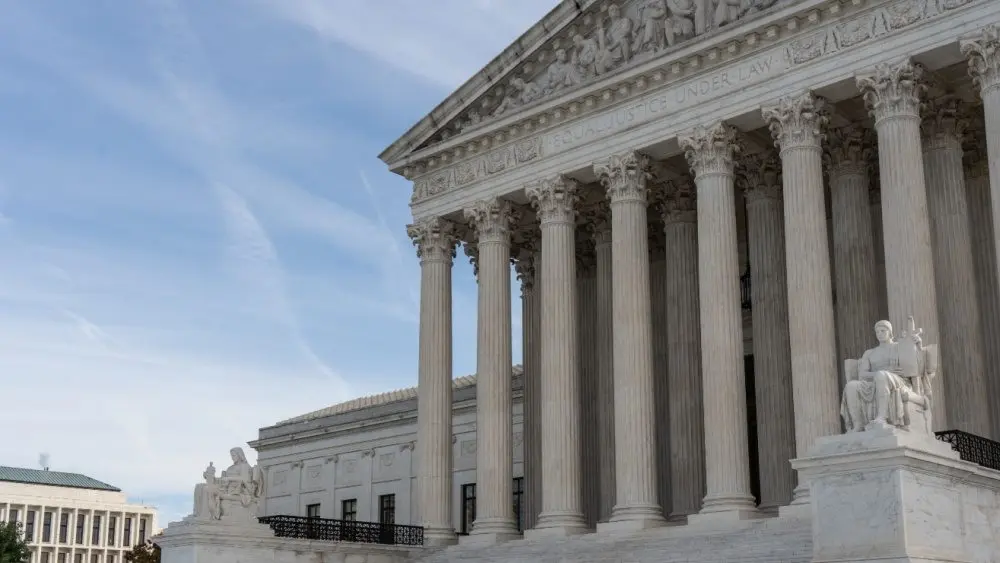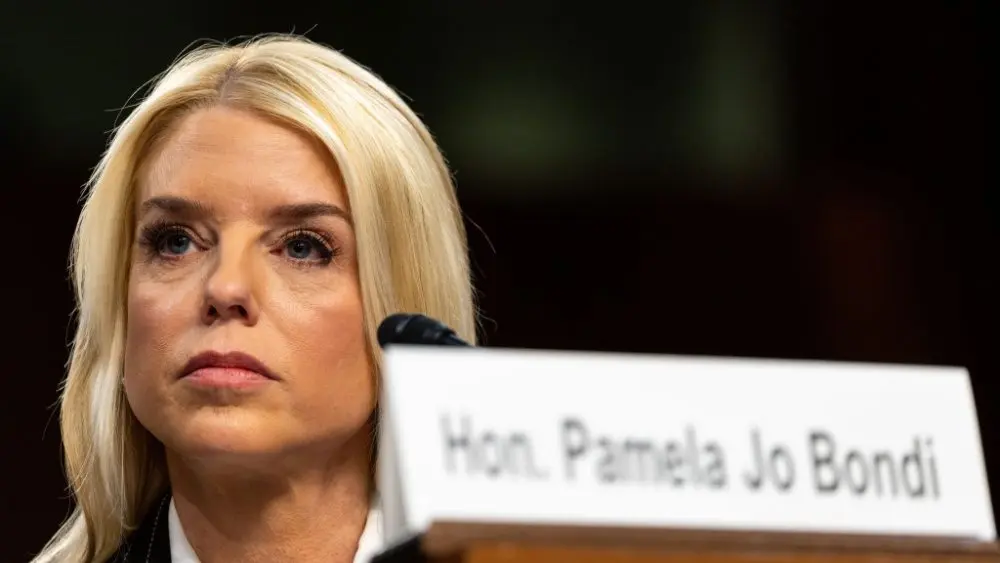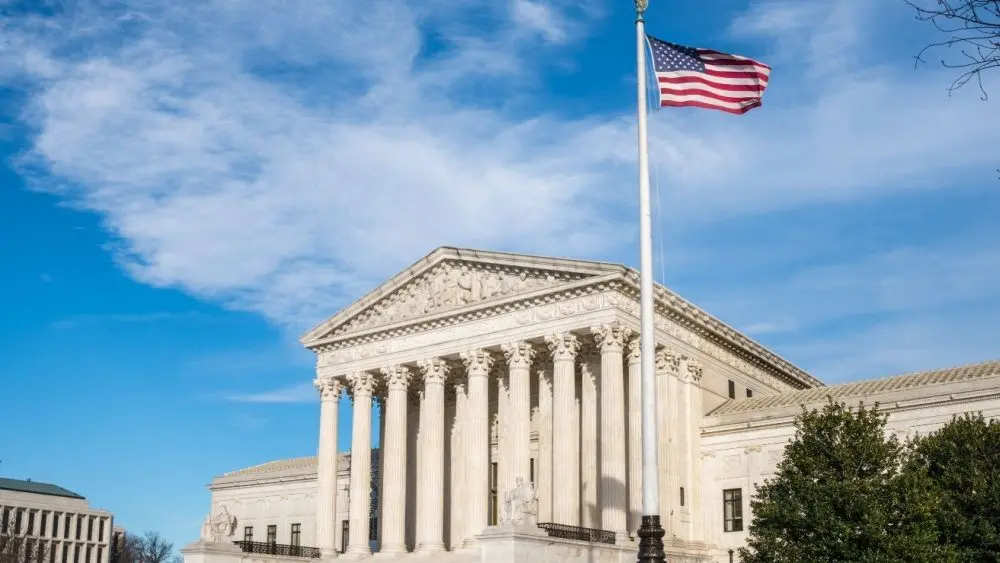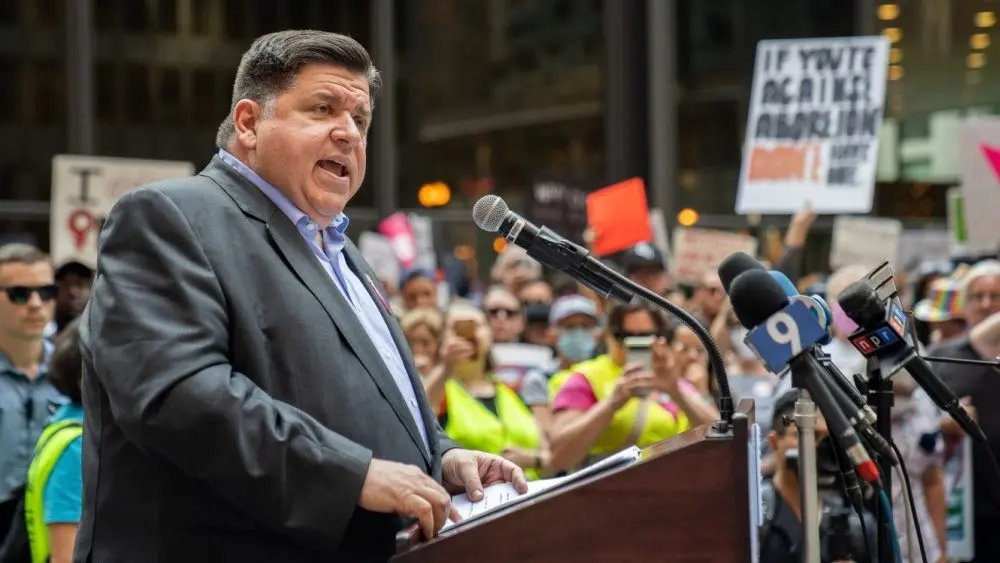
The Supreme Court appeared to lean toward supporting a free speech challenge to Colorado’s ban on conversion therapy for minors questioning their sexual orientation or gender identity—a decision that could have broad national consequences. Colorado is one of 23 states that ban conversion therapy, the practice of attempting to change a person’s sexual orientation or gender identity through therapy. If the justices rule against Colorado, the outcome could affect more than 20 states with similar laws and raise new questions about the limits of state authority to regulate health care practices.
At issue is a 2019 Colorado statute that bars licensed mental health professionals from offering therapy aimed at changing a minor’s sexual orientation or gender identity—unless the therapy is broadly supportive of identity exploration or gender transition. The law explicitly prohibits counseling intended to reduce same-sex attraction or to change gender-related behaviors or expressions.
The case was brought by Kaley Chiles, a Christian therapist who contends that Colorado’s 2019 law violates her First Amendment rights. She is represented by the Alliance Defending Freedom and backed by the Trump administration. At the heart of the case is whether the state’s ban regulates medical conduct—as Colorado argues—or restricts speech, as Chiles claims. She says her work involves only “talk therapy,” making it a form of expression protected by the First Amendment. The court’s 6–3 conservative majority, which has frequently supported free speech claims aligned with conservative causes, seemed largely receptive to her arguments during oral arguments. The Trump administration, in a brief supporting Chiles, argued that the Colorado law does restrict speech but said that striking it down would not necessarily threaten other state healthcare regulations.
Several conservative justices signaled concern that Colorado’s approach may unfairly favor one viewpoint over another. Justice Samuel Alito noted that allowing counselors to encourage minors to embrace their gender identities while forbidding them from questioning those identities “appears to be blatant viewpoint discrimination.”
Other members of the court were also skeptical of Colorado’s argument that the law governs professional conduct rather than speech. “Just because they are engage in conduct doesn’t mean their words aren’t protected,” Chief Justice John Roberts said, referencing a 2018 decision in which the court struck down a California law requiring anti-abortion pregnancy centers to provide information about abortion services.
The court’s three liberal justices pressed Chiles’ attorney with more challenging questions, though only Justice Ketanji Brown Jackson appeared to fully agree with Colorado’s defense of the ban. She pointed to the court’s earlier ruling this year that upheld a Tennessee law restricting gender-affirming care for minors, saying: “It just seems odd to me that we might have a different result here,” Jackson said..”
A recurring issue throughout the arguments was whether striking down Colorado’s law could also prevent conservative states from passing what Justice Neil Gorsuch called “mirror-image” laws—those that would prohibit therapy encouraging minors to embrace their gender identity or sexual orientation.
Colorado Attorney General Phil Weiser, a Democrat, warned in court filings that a decision against the state could undermine not only conversion therapy bans but also other regulations that restrict unsafe or ineffective medical practices. Chiles countered that her counseling constitutes “vital speech” that helps young clients explore their identities. Her lawyers accused the state of trying to “control what children believe about themselves and who they can become.”
Under Colorado’s statute, any violation can lead to fines up to $5,000. The state permits therapies that assist with gender transition, as well as “acceptance, support and understanding” approaches to gender identity and sexual orientation—so long as they do not insist on a predetermined therapeutic outcome.
The justices may not issue a sweeping ruling on conversion therapy bans themselves. Instead, they could decide whether lower courts properly applied the correct legal framework when they upheld Colorado’s law.
If the Supreme Court strikes down or significantly narrows the law, it could undercut similar bans in more than two dozen states and reshape the balance between speech rights and state regulation of professional counseling. The court is expected to issue its ruling by next June.
Editorial credit: Amy Lutz / Shutterstock.com





